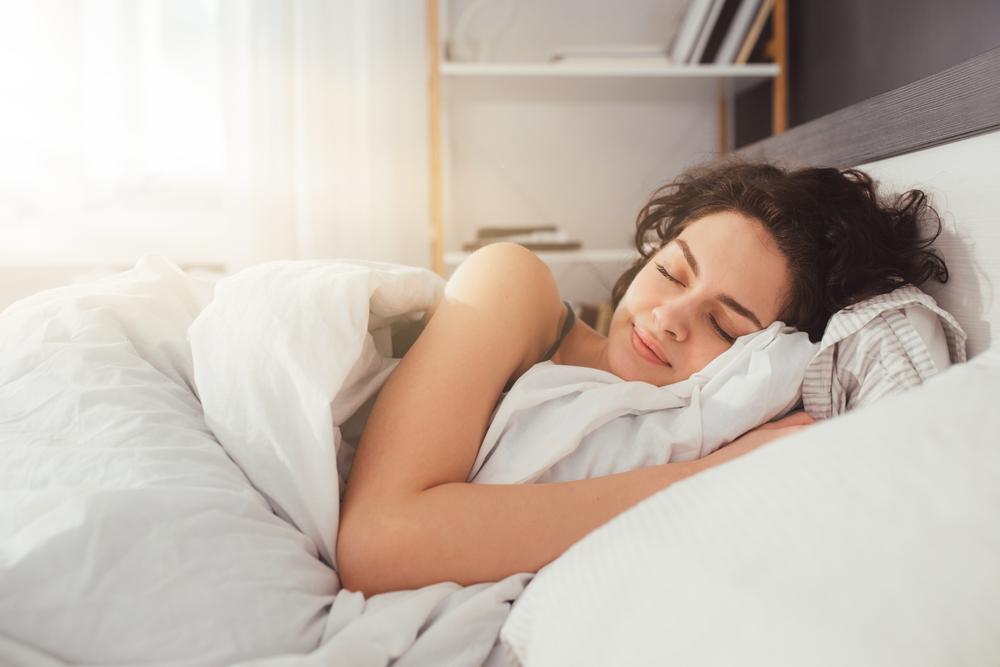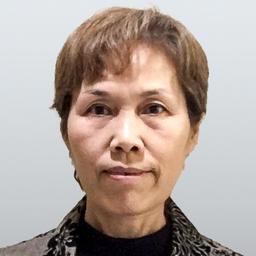We may not be fully aware of the benefits of a good night’s sleep until we’re not getting it. Lack of quality slumber reduces our cognitive abilities, affects our mood, and can lead to weight gain and premature skin aging.
When sleep deprivation becomes chronic it can weaken the immune system, thereby increasing the risks of various other conditions such as dementia and cardiovascular diseases.







